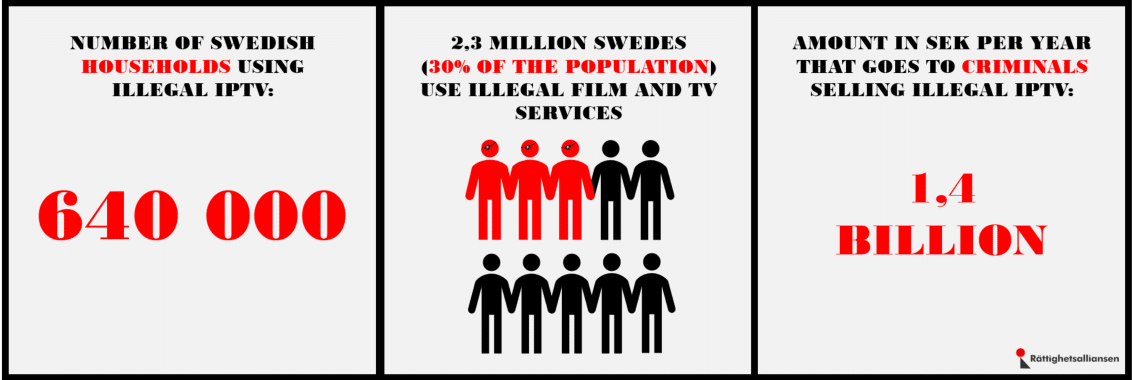 Incorporated in Georgia, YuppTV USA Inc. markets itself as one of the world’s largest internet-based TV and on-demand platforms for South Asian content. Most of the company’s subscribers are described as “non-resident individuals.”
Incorporated in Georgia, YuppTV USA Inc. markets itself as one of the world’s largest internet-based TV and on-demand platforms for South Asian content. Most of the company’s subscribers are described as “non-resident individuals.”
Filed at a federal court in the Middle District of Pennsylvania, YuppTV’s copyright complaint begins by naming Canada-based Harpreet Singh Randhawa as the operator of one or more IPTV services, sold under multiple brand names. Those services allegedly infringed YuppTV’s rights in the United States and beyond.
Specifically, YuppTV claims that content for which it holds (or held) United States and Canadian licenses, has for years been illegally broadcast into homes in both countries by Randhawa’s platforms.
The complaint bundles the services together under the heading ‘Boss IPTV Platforms’ with the wider operation labeled the ‘Boss IPTV Cartel’.

The complaint says the services use common ‘pirate tactics’ including rebranding, renaming, closures and expansion “to evade detection and legal enforcement.” None of the nine domains appear functional at the time of writing.
An Expensive and Lengthy Investigation
YuppTV says that its expensive investigation of Randhawa and his “illicit business activities” pre-dates 2020.
“Throughout the course of this investigation, YuppTV observed Mr. Randhawa wielding his vast enterprise to infringe repeatedly upon YuppTV’s licensed rights,” the plaintiff writes.
In March 2021, YuppTV filed a complaint with police cyber-crime investigators in Faridabad, India. The company informed police that Randhawa used a company called Rhysley Pvt. Ltd to perpetuate infringement of YuppTV’s content, leading to a headline-making police raid.
Six people were arrested including Sumit Sharma, an alleged director of Rhysley Pvt, and Harminder Sandhu, an alleged key employee of Calgary, Canada-based company, Server Center Ltd. Allegedly owned and operated by Randhawa, Server Center is described as an “integral part” and the “ostensible parent company” of “Randhawa’s criminal enterprise.”
What became of the raids four years ago is unclear, but Randhawa’s name wasn’t among those mentioned when the six individuals were arrested back in 2021. YuppTV’s lawsuit positions Randhawa as the lead defendant along with Rhysley Pvt. Ltd, Server Center Ltd, and 2144644 Alberta Ltd, a company linked to Server Center due to Randhawa sitting on the boards of both.
Datacamp (CDN77) Named as Defendant
News reports covering the 2021 raids had already linked Datacamp to Randhawa’s piracy operation. The company was described as a vendor but beyond that, evidence of infringement, if indeed any existed at all, was not made public.
Four years later, Datacamp and several other companies reportedly used by Randhawa’s IPTV services, appear as defendants in YuppTV’s complaint.
Under the heading “Datacamp Knowingly Provides Boss IPTV Platforms with the Means to Continue Pirating” the complaint provides a detailed overview of Datacamp’s services, highlighting the “high efficiency and peak performance” provided by Datacamp’s geographically distributed network of datacenters.
“Boss IPTV Platforms, as unauthorized IPTV streaming services, depend on third-party CDNs to deliver Pirated Content to their subscribers. Boss IPTV Platforms could not operate without these CDNs,” the complaint reads.
The details span several pages, with numerous features available to any Datacamp customer framed as mechanisms through which the Boss Platforms were able to infringe the plaintiff’s rights more efficiently, with optimizations that “materially increase the quality” of the pirate streaming product.
Failure to Terminate Repeat Infringers
Many years of so-called ‘repeat infringer’ lawsuits in US courts means the general parameters are broadly understood. When copyright holders repeatedly send DMCA takedown notices for infringing content, but that content isn’t removed and action isn’t taken against repeat infringers, webhosts and ISPs face potential lawsuits that attempt to hold them liable.
YuppTV’s complaint follows broadly the same framework. After highlighting CDN features that prevent or inhibit the ability to send DMCA notices directly to Boss IPTV’s ‘origin’ servers, YuppTV says that correspondence sent to Datacamp starting in 2020 nevertheless requested the removal of infringing content.
“Although DataCamp undertook some steps to address YuppTV’s complaints regarding the Pirated Content, it has failed to enact measures sufficient to curtail Boss IPTV’s infringement,” the complaint explains.
“As a result of DataCamp’s refusal to take appropriate measures to stop copyright infringement, Boss IPTV Platforms continue unhindered as DataCamp customers. Boss IPTV Platforms continue to purchase increasing amounts of bandwidth from DataCamp.”
DMCA Notices Allegedly Ignored
Copies of the DMCA notices sent to Datacamp appear alongside the complaint, with a suggestion they represent the full set. A representative sample notice is shown here, and the remainder are linked below. Assuming these are indeed the originals, and haven’t been altered for any reason, issues are immediately apparent.
XXXXX XXXXX XXX XXXXX
The presence of the letter ‘X’ multiple times in every URL may be a sign that complete URLs weren’t known to YuppTV. That wouldn’t necessarily be a problem if the infringing content could be identified by different means, but whether this alternative format was considered sufficient by the recipients isn’t made clear.
If the infringing content couldn’t be identified, that might raise questions of whether the notices were valid. In the complaint, YuppTV insists that it sent “proper notices” under the DMCA.

The URLs listed in the notices concern channels which presumably delivered a succession of copyrighted works (TV shows) for which YuppTV held or holds appropriate licenses. There’s no strict requirement for notices to identify each and every work allegedly infringed but identifying at least one should be sufficient to meet the base requirement of “identify the work infringed”. The provided DMCA notices mention channels but no specific copyright works.
The notices state that YuppTV has the right to “take anti-piracy actions” on behalf of other named companies, presumably the exclusive rightsholders. YuppTV claims to hold a non-exclusive license under Indian copyright law, to transmit, distribute, and publicly perform the content in the United States. Registration with the United States Copyright Office “is not a prerequisite to filing a copyright infringement action” the company adds. There could be implications for not doing so, however.
“DataCamp did nothing to stop the infringement. The Boss IPTV Platforms continue to use the DataCamp CDN to commit copyright infringement as of March 2025 with DataCamp’s affirmative knowledge of the infringement,” the allegations conclude.
Note:Similar URLs found online appear in this format: http://ip/ address/port number/email address/unknown string/123456?token=[value]
Allstream Business Inc. (Canada)
Similar allegations are made against other intermediaries/service providers.
Based in Ontario, Canada, Allstream Business, Inc. reportedly offers dedicated servers “that host most of the domain websites for the Boss IPTV Platforms.” The primary data center for the Boss IPTV Platforms reportedly use Allstream’s dedicated servers for channel encoding and video-on-demand (VOD) creation.
Further claims include Allstream servers hosting Boss IPTV’s customer management platform and a chat system used for customer service. A team in India reportedly use Allstream servers for tasks including backups. DMCA notices were reportedly sent in 2018-2019 but Allstream “failed to remove or block the Protected Channels.”
As a result, YuppTV concludes that just like Datacamp, Allstream cannot rely on safe harbor protection.
Infomir and Infomir LLC (Ukraine, United States)
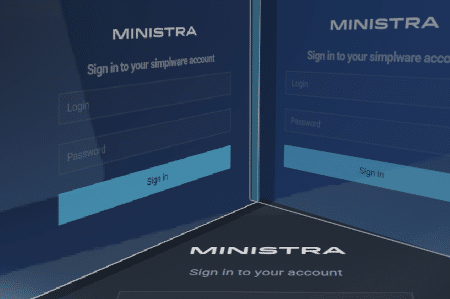 The basis for YuppTV’s claim against Infomir is far from clear. Even with an especially broad view of what type of conduct may amount to contributory infringement, nothing really stands out based on the information provided.
The basis for YuppTV’s claim against Infomir is far from clear. Even with an especially broad view of what type of conduct may amount to contributory infringement, nothing really stands out based on the information provided.
The complaint alleges that the Boss IPTV platforms purchased Infomir’s ‘MAG’set-top boxes and sold them to subscribers of the pirate services. The Ministra Pro middleware is mentioned several times in the complaint in a manner that suggests importance, but little of substance beyond that.

The following statement suggests that the basis for the claim against Infomir is the supply of regular set-top boxes and a failure to terminate that business.
“Infomir and Infomir LLC had the capability of cancelling its contractual relationship with the Boss IPTV Platforms and the Boss IPTV Cartel, and thus refusing to manufacture the ‘MAG set-top boxes’ with the preinstalled ‘Ministra Pro’ middleware.”
Nothing in the complaint indicates that Infomir received any notifications from YuppTV, much less that its actions were “willful, malicious, intentional, purposeful, and in disregard of and with indifference to the rights of YuppTV.”
Claims Against Each Defendant
Count I: Direct Copyright Infringement 17 U.S.C. SS 106(1),(4) Count II: Violation of the Digital Millennium Protection* Act (DMCA), 17 U.S.C. S 1201
Harpreet Singh Randhawa, the Boss IPTV platforms, 2144644 Alberta Ltd., Server Center Ltd, Rhysley Pvt. Ltd, Vois Inc.
Count III: Contributory Copyright Infringement, 17 U.S.C. § 501
DataCamp, Allstream, Allstream USA, Infomir.eu and Infomir, LLC
Count IV: Vicarious Copyright Infringement, 17 U.S.C. § 501
DataCamp, Allstream, Allstream USA, Infomir.eu and Infomir, LLC
* Count II contains a naming error present in the original complaint
YuppTV requests a permanent injunction against all defendants, maximum statutory damages or defendants’ profits attributable to the alleged infringement, attorney’s fees, and a statement signed under oath “detailing the manner in which they have complied with the judgment of the court.”
The complaint and copies of the DMCA notices are available here (1, 2, pdf)
From: TF, for the latest news on copyright battles, piracy and more.
From TorrentFreak via this RSS feed
 Pirate sites and services can be a real challenge for rightsholders to deal with. In India, however, recent court orders have proven to be quite effective.
Pirate sites and services can be a real challenge for rightsholders to deal with. In India, however, recent court orders have proven to be quite effective.
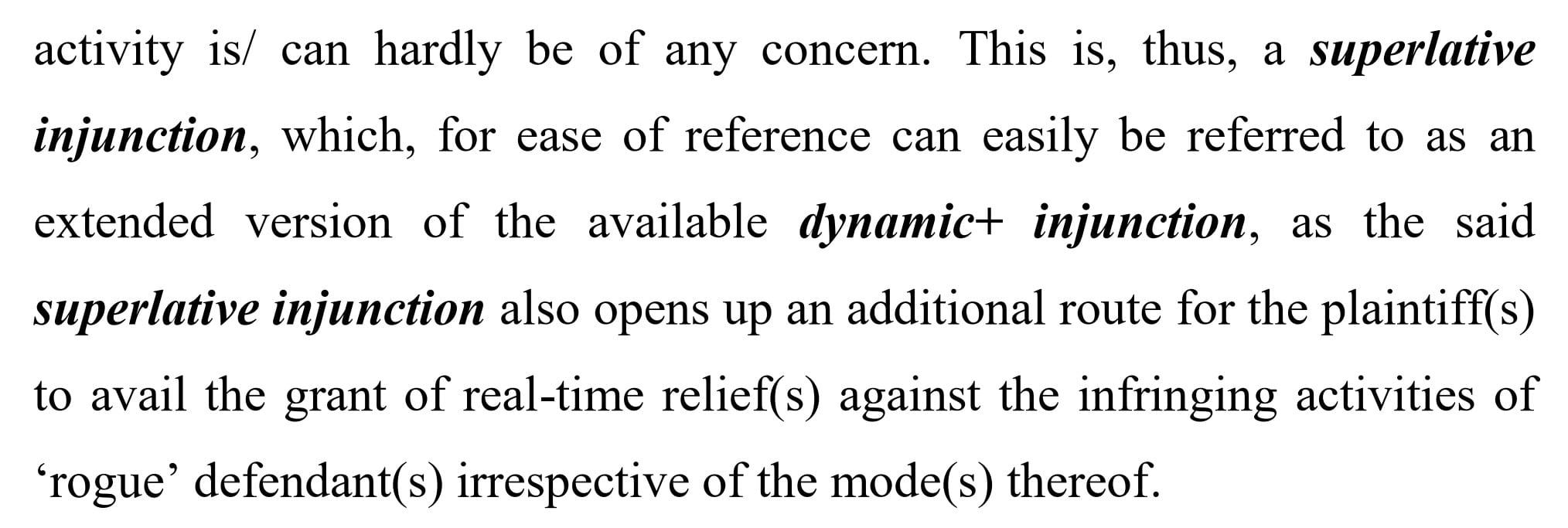
 In 2023, sports rightsholders and their broadcasting partners had their collective patience tested to the limit.
In 2023, sports rightsholders and their broadcasting partners had their collective patience tested to the limit.

 After a Virginia jury ordered internet provider Cox to pay $1 billion in damages for failing to take appropriate actions against pirating subscribers, shockwaves rippled through the ISP industry.
After a Virginia jury ordered internet provider Cox to pay $1 billion in damages for failing to take appropriate actions against pirating subscribers, shockwaves rippled through the ISP industry.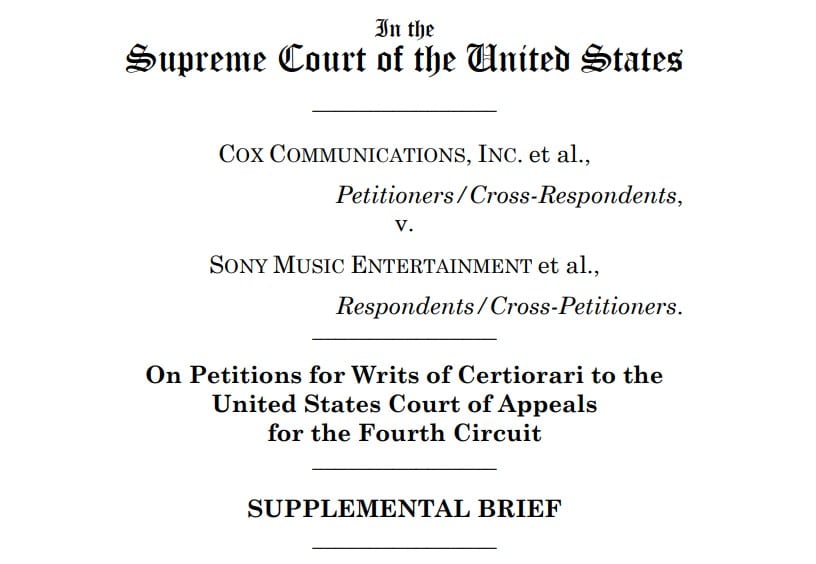
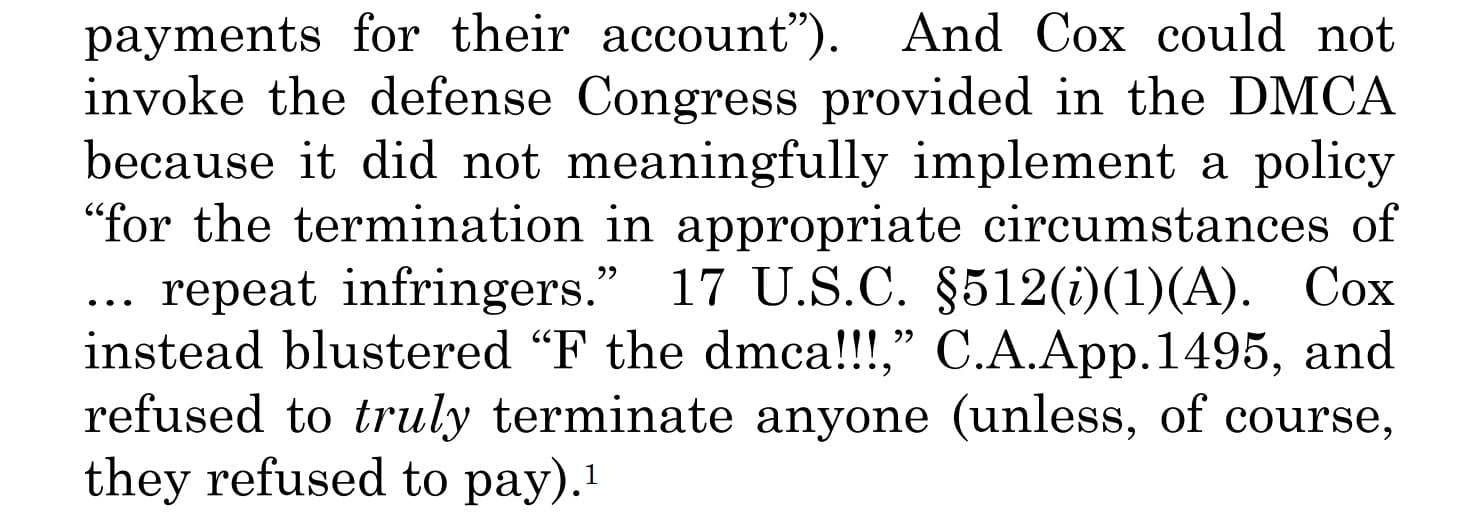
 Traditional site-blocking measures that require local ISPs to block subscriber access to popular pirate sites, have been utilized by rightsholders in France for years. The aim is to deter piracy by making sites more difficult to find, but these measures are only partially effective.
Traditional site-blocking measures that require local ISPs to block subscriber access to popular pirate sites, have been utilized by rightsholders in France for years. The aim is to deter piracy by making sites more difficult to find, but these measures are only partially effective. Earlier this month, dozens of rightsholders and copyright groups urged the European Commission to pave the way for more robust measures to tackle live-streaming piracy.
Earlier this month, dozens of rightsholders and copyright groups urged the European Commission to pave the way for more robust measures to tackle live-streaming piracy.
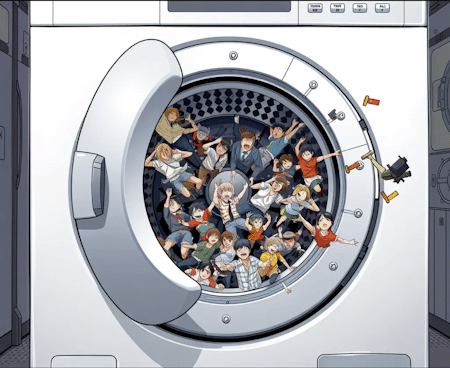 The extraordinary online popularity of Japanese manga comics shows no sign of retreat, with pirate site-based consumption at unprecedented levels fueled by
The extraordinary online popularity of Japanese manga comics shows no sign of retreat, with pirate site-based consumption at unprecedented levels fueled by  Shueisha’s subpoena target is Cloudflare and having already served DMCA takedown notices as required, Shueisha should receive data for around two dozen pirate domains.
Shueisha’s subpoena target is Cloudflare and having already served DMCA takedown notices as required, Shueisha should receive data for around two dozen pirate domains.

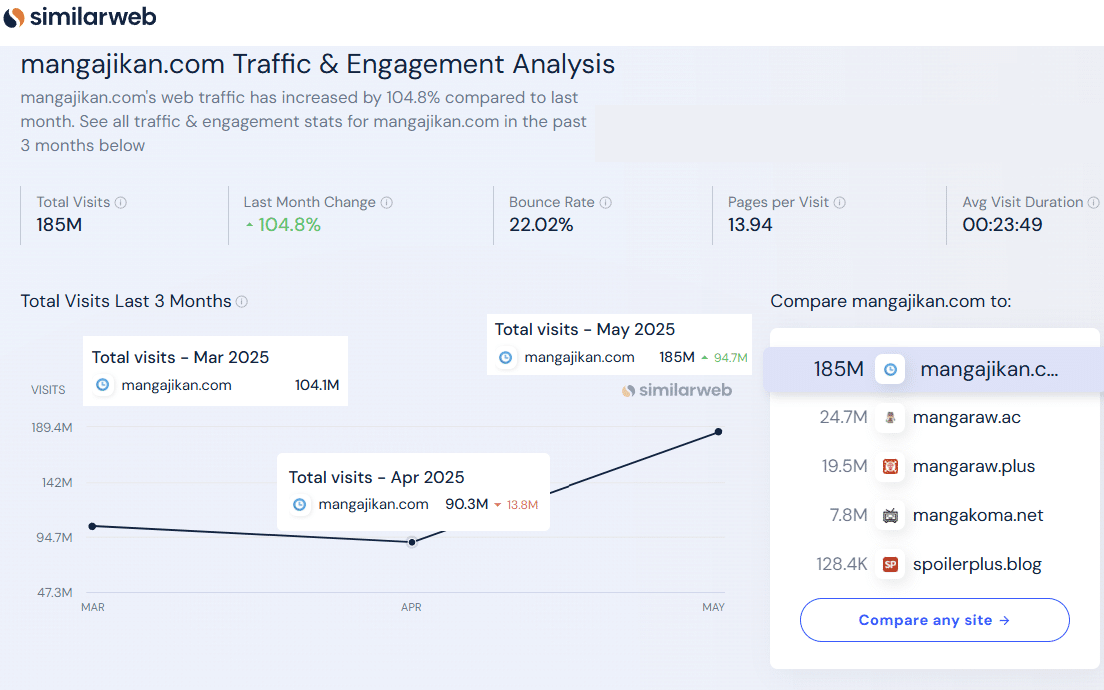

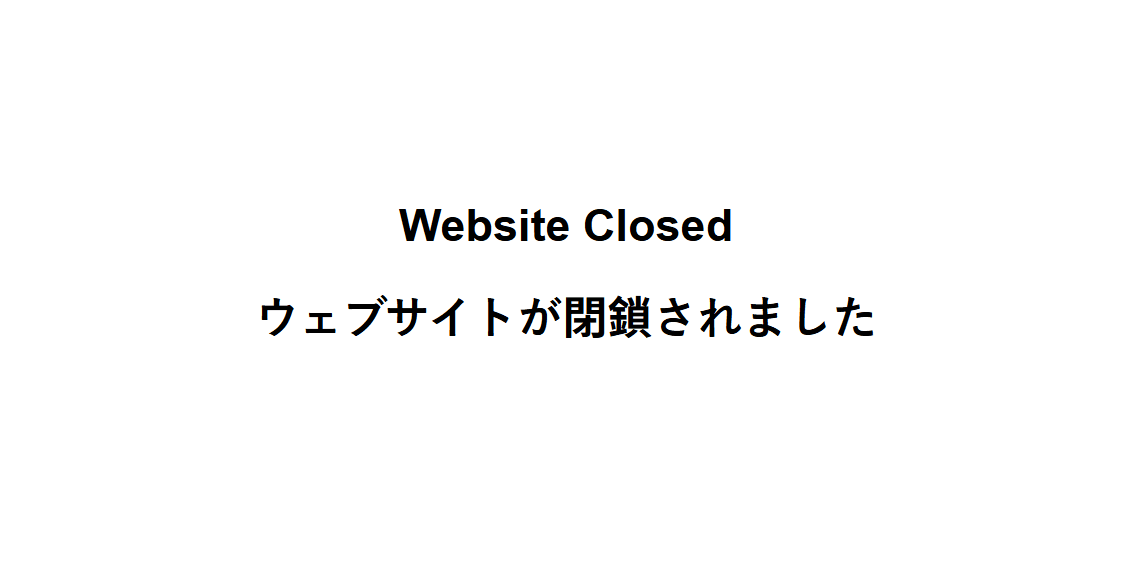
 While that domain also makes an appearance in the DMCA subpoena application, Semrush data reveals that around 20% of outbound traffic went directly to a more suspicious looking domain. For obvious reasons we’re not naming it here.
While that domain also makes an appearance in the DMCA subpoena application, Semrush data reveals that around 20% of outbound traffic went directly to a more suspicious looking domain. For obvious reasons we’re not naming it here. In countries where protection is granted automatically, it’s possible for ordinary people to become copyright owners in a matter of minutes.
In countries where protection is granted automatically, it’s possible for ordinary people to become copyright owners in a matter of minutes. Japan-based anti-piracy group CODA represents the world’s leading manga publishers.
Japan-based anti-piracy group CODA represents the world’s leading manga publishers.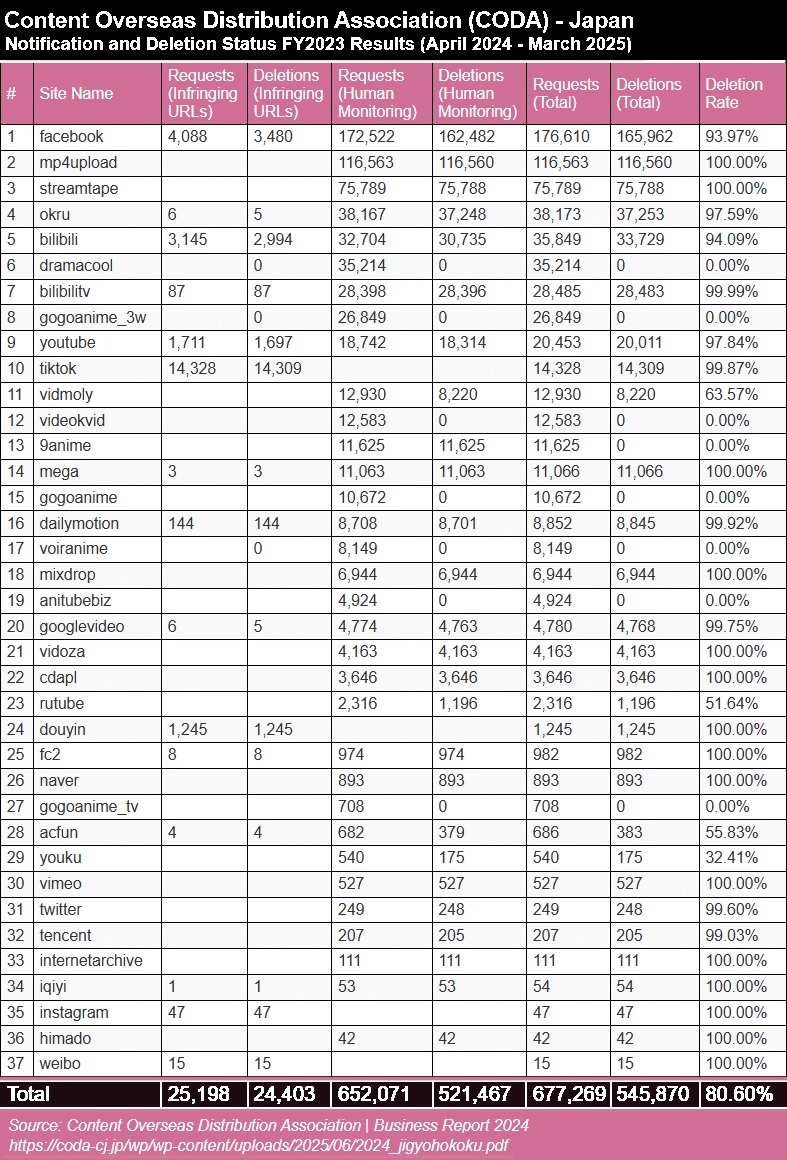
 Despite the widespread availability of legal options, online piracy remains rampant. Every day, pirate sites are visited hundreds of millions of times.
Despite the widespread availability of legal options, online piracy remains rampant. Every day, pirate sites are visited hundreds of millions of times.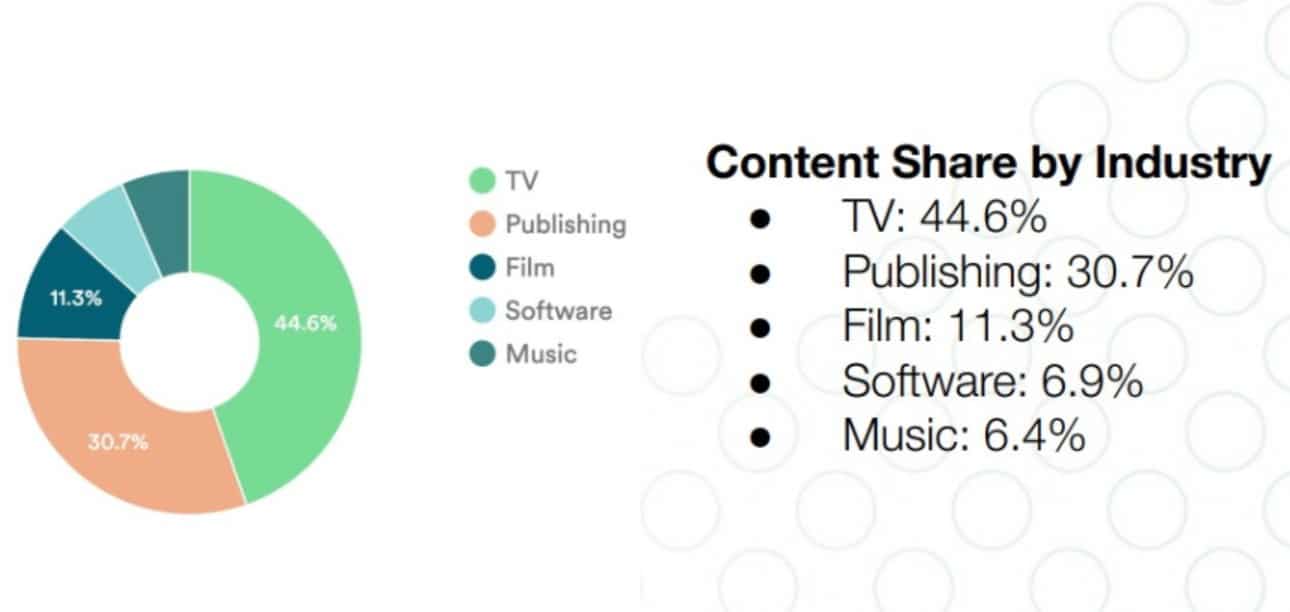
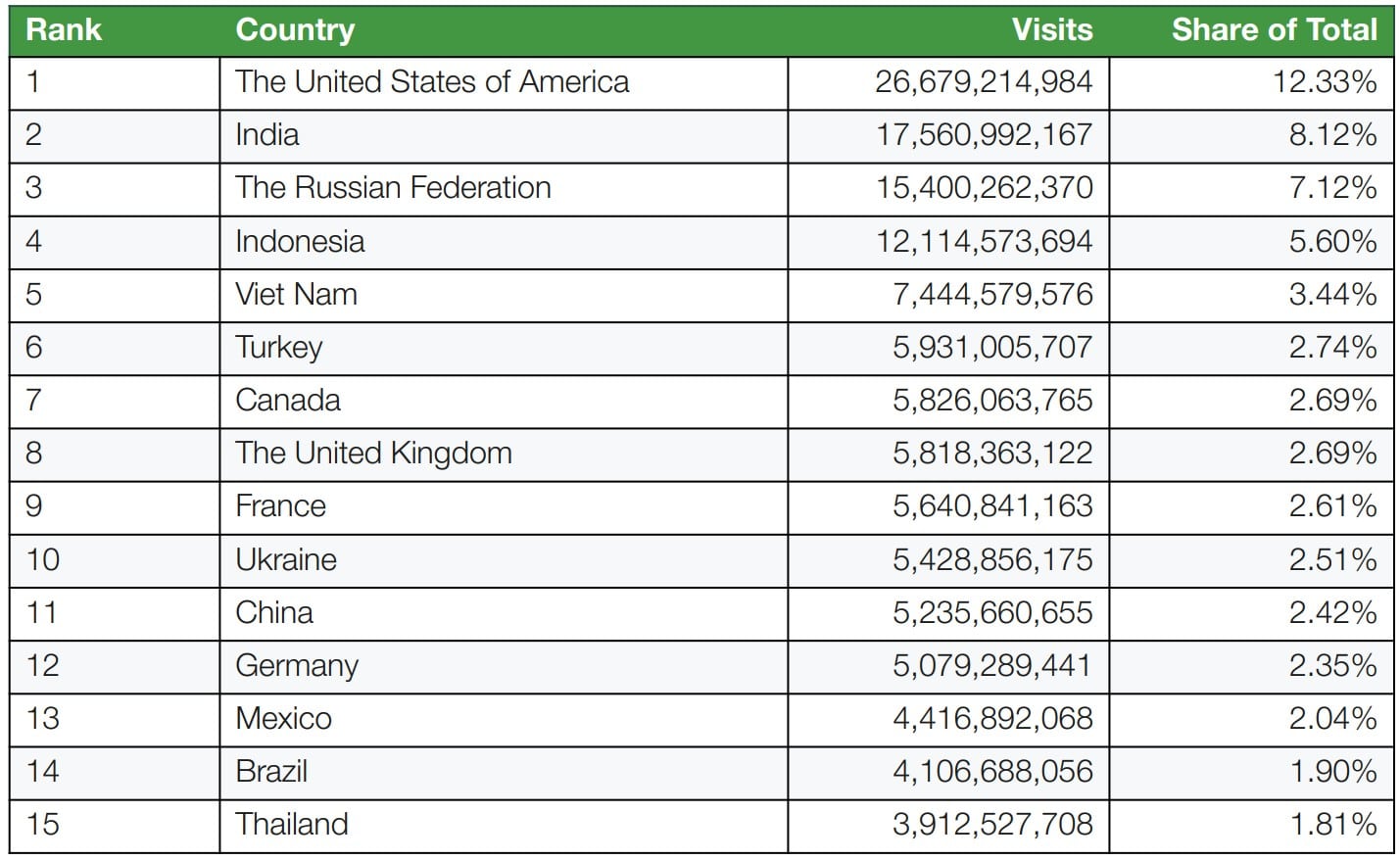
 The increase is largely driven by the popularity of manga, which accounts for more than 70% of all publishing piracy. Traditional book piracy, meanwhile, is stuck at 5%.
The increase is largely driven by the popularity of manga, which accounts for more than 70% of all publishing piracy. Traditional book piracy, meanwhile, is stuck at 5%.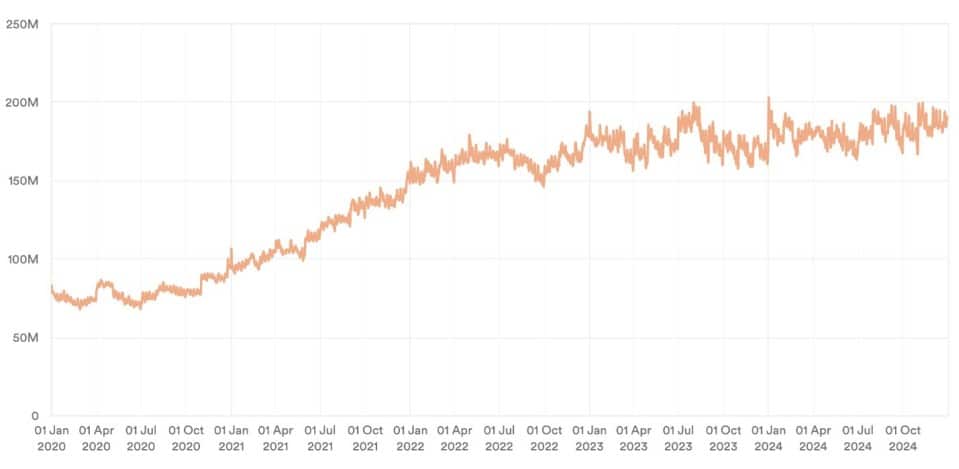
 In 2006 alone, Russia-based AllOfMP3 reportedly banked $30 million from sales of an unauthorized music product for which the major labels received no payment.
In 2006 alone, Russia-based AllOfMP3 reportedly banked $30 million from sales of an unauthorized music product for which the major labels received no payment.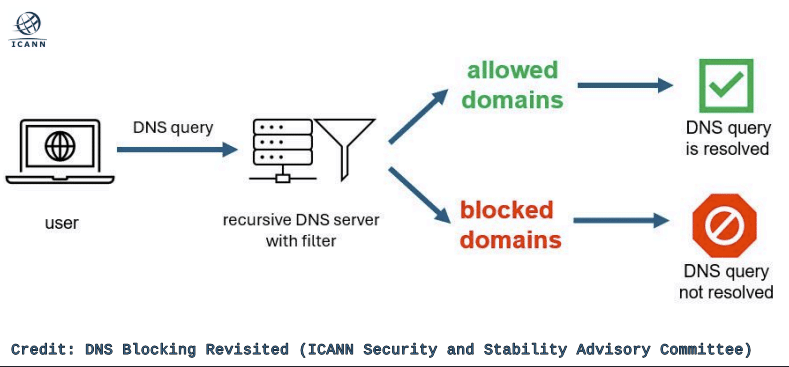
 In late 2022, music industry giants including Warner Bros. and Sony Music secured a victory in their lawsuit against Internet provider Grande Communications.
In late 2022, music industry giants including Warner Bros. and Sony Music secured a victory in their lawsuit against Internet provider Grande Communications.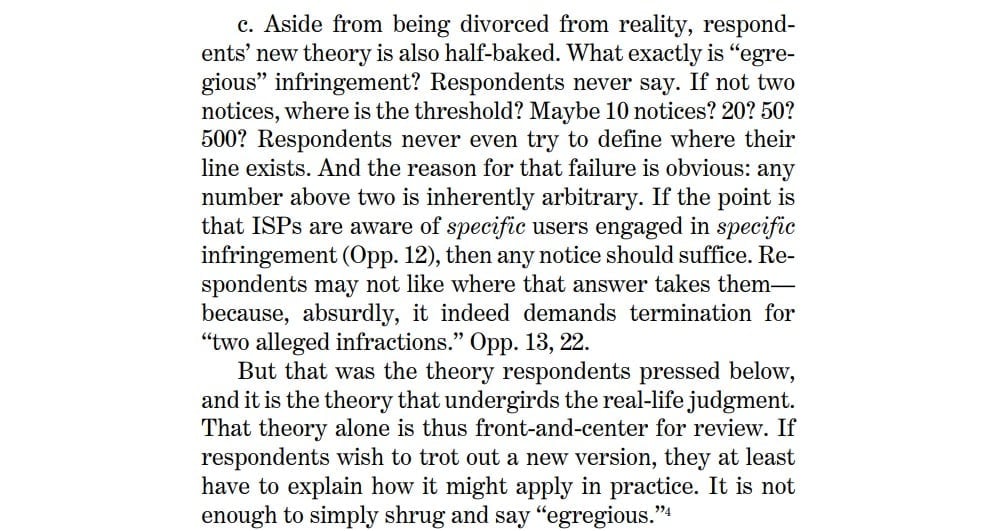
 In common with many services provided by Google, its search engine is wide open and free of charge at the point of delivery.
In common with many services provided by Google, its search engine is wide open and free of charge at the point of delivery.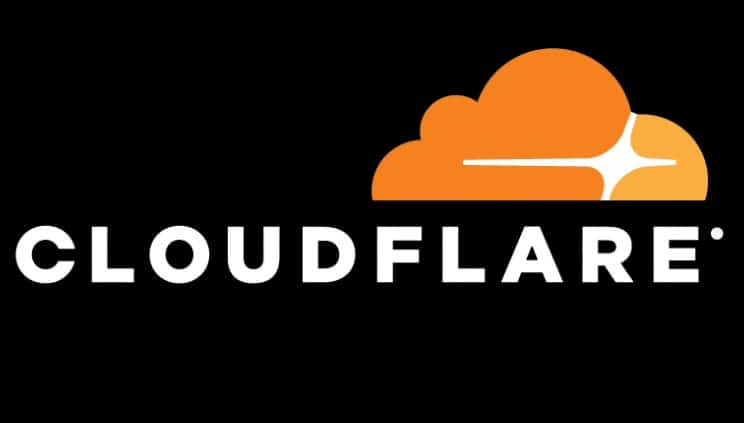 Two years ago, the European Commission published a non-binding recommendation to tackle the problem of live-streaming piracy, sports in particular.
Two years ago, the European Commission published a non-binding recommendation to tackle the problem of live-streaming piracy, sports in particular.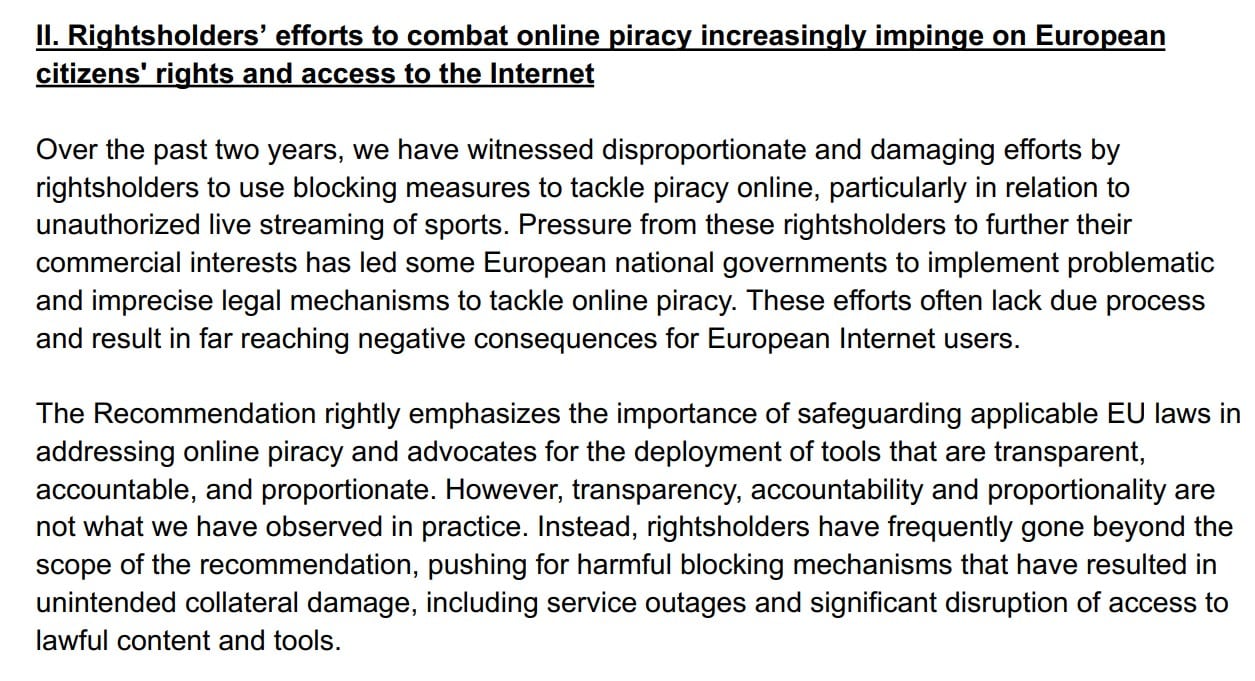
 The original Napster service was launched by Shawn Fanning and Sean Parker
The original Napster service was launched by Shawn Fanning and Sean Parker 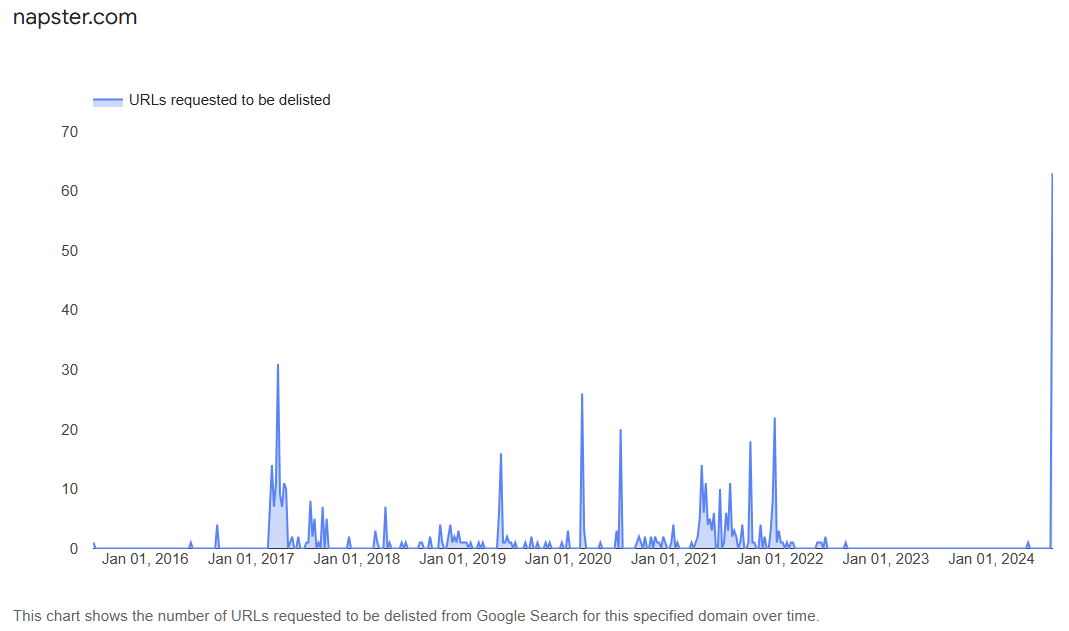
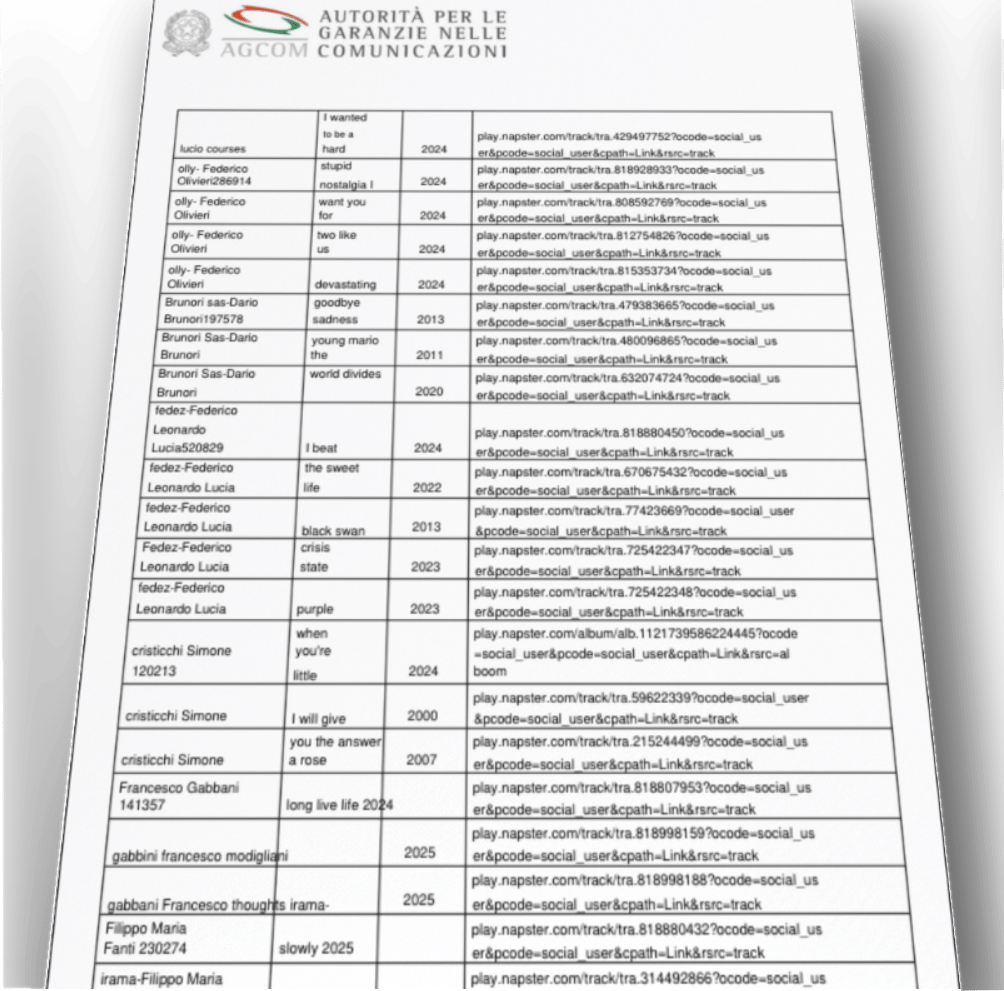
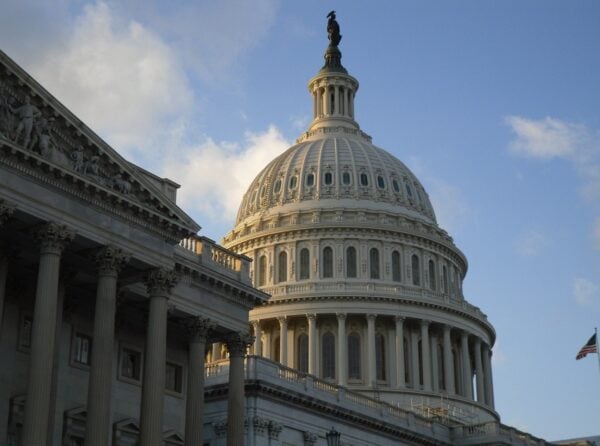 After a decade of focusing efforts overseas, the push for website blocking has landed back on American shores.
After a decade of focusing efforts overseas, the push for website blocking has landed back on American shores.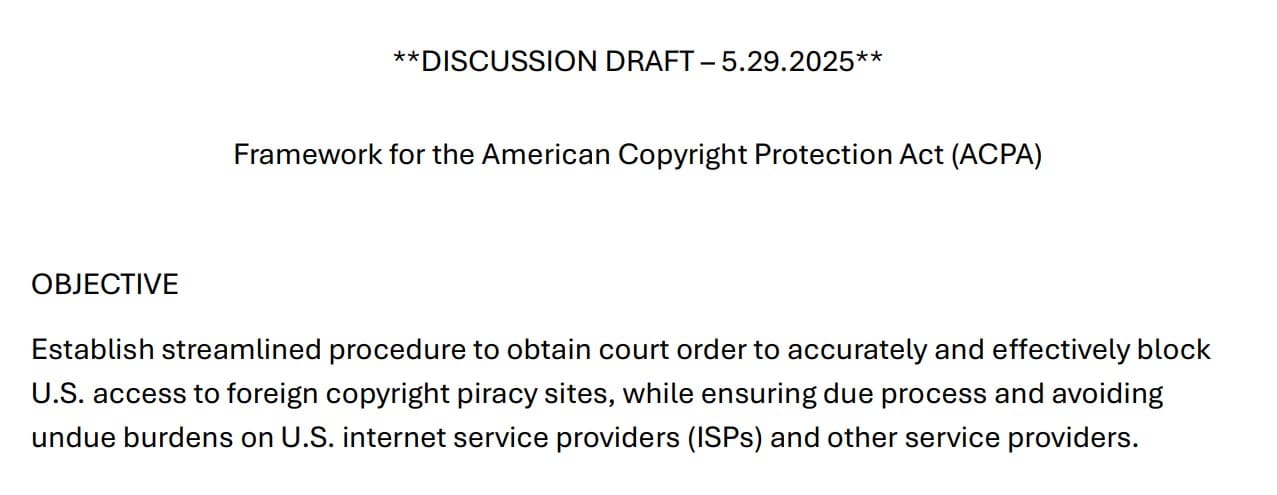




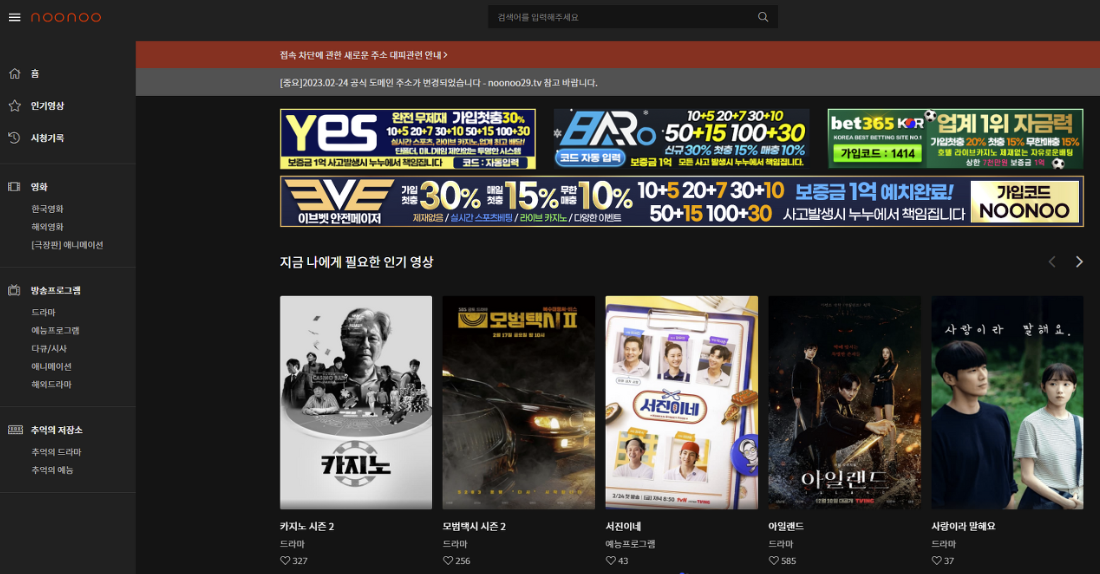
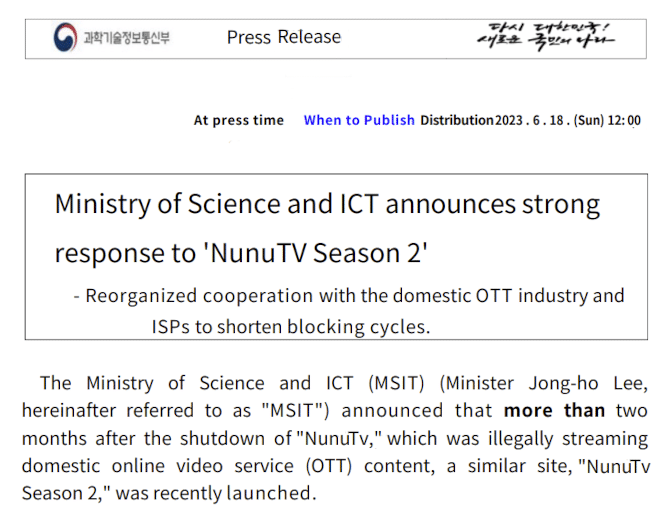




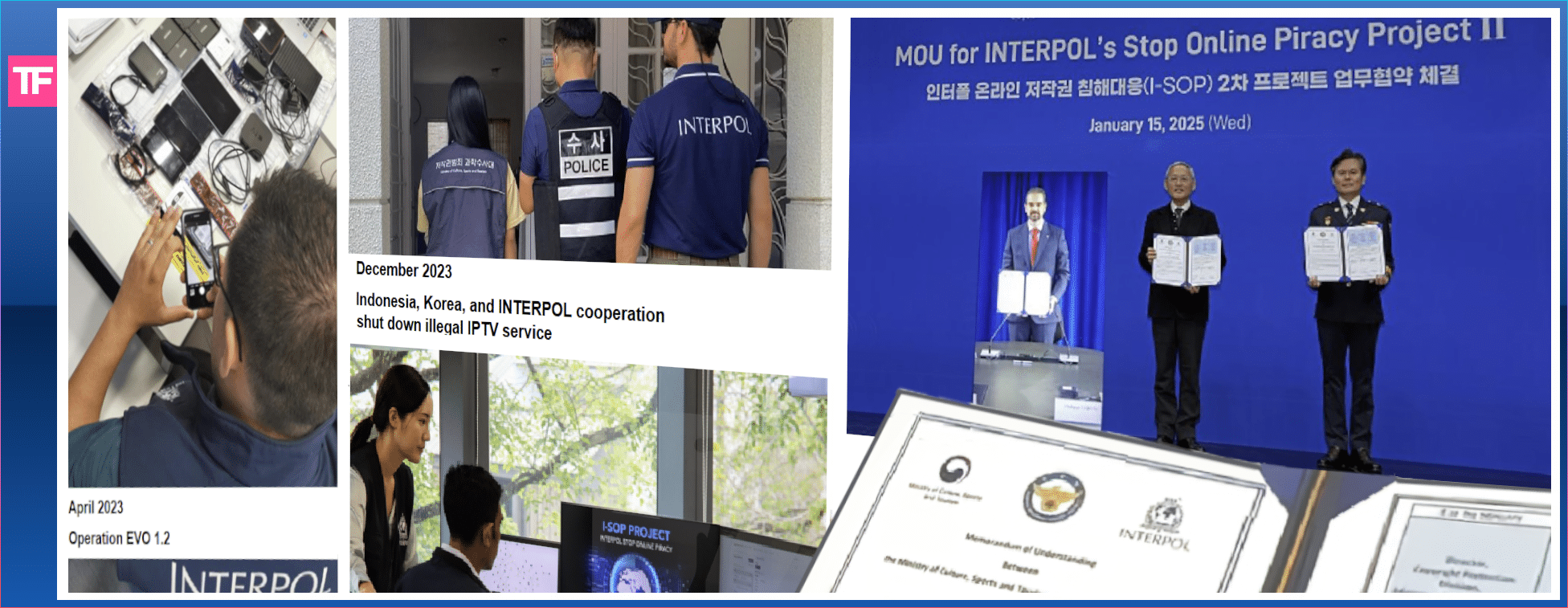
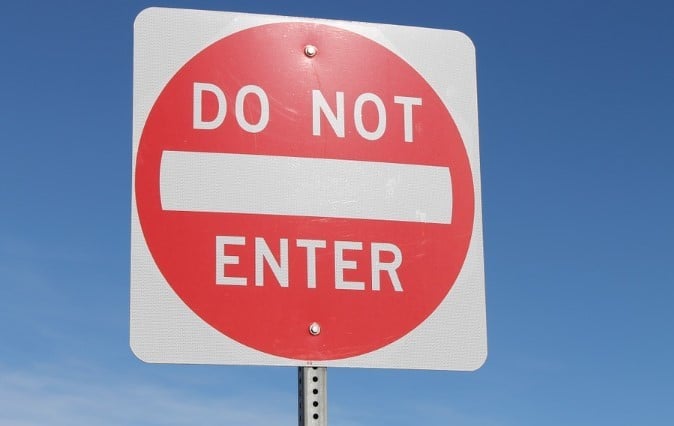 In recent years, the European Commission has proposed and adopted various legislative changes to help combat online piracy.
In recent years, the European Commission has proposed and adopted various legislative changes to help combat online piracy.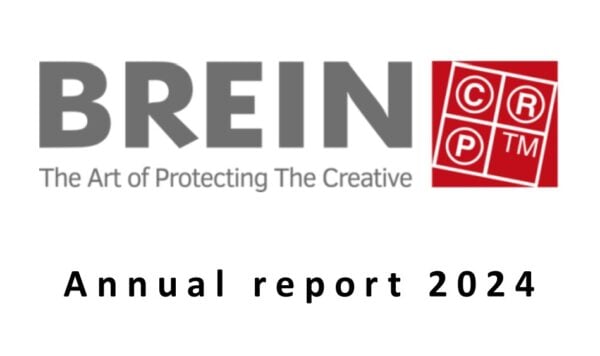 BREIN has just published its latest annual report, providing insights into the priorities of the organization and the progress being made.
BREIN has just published its latest annual report, providing insights into the priorities of the organization and the progress being made.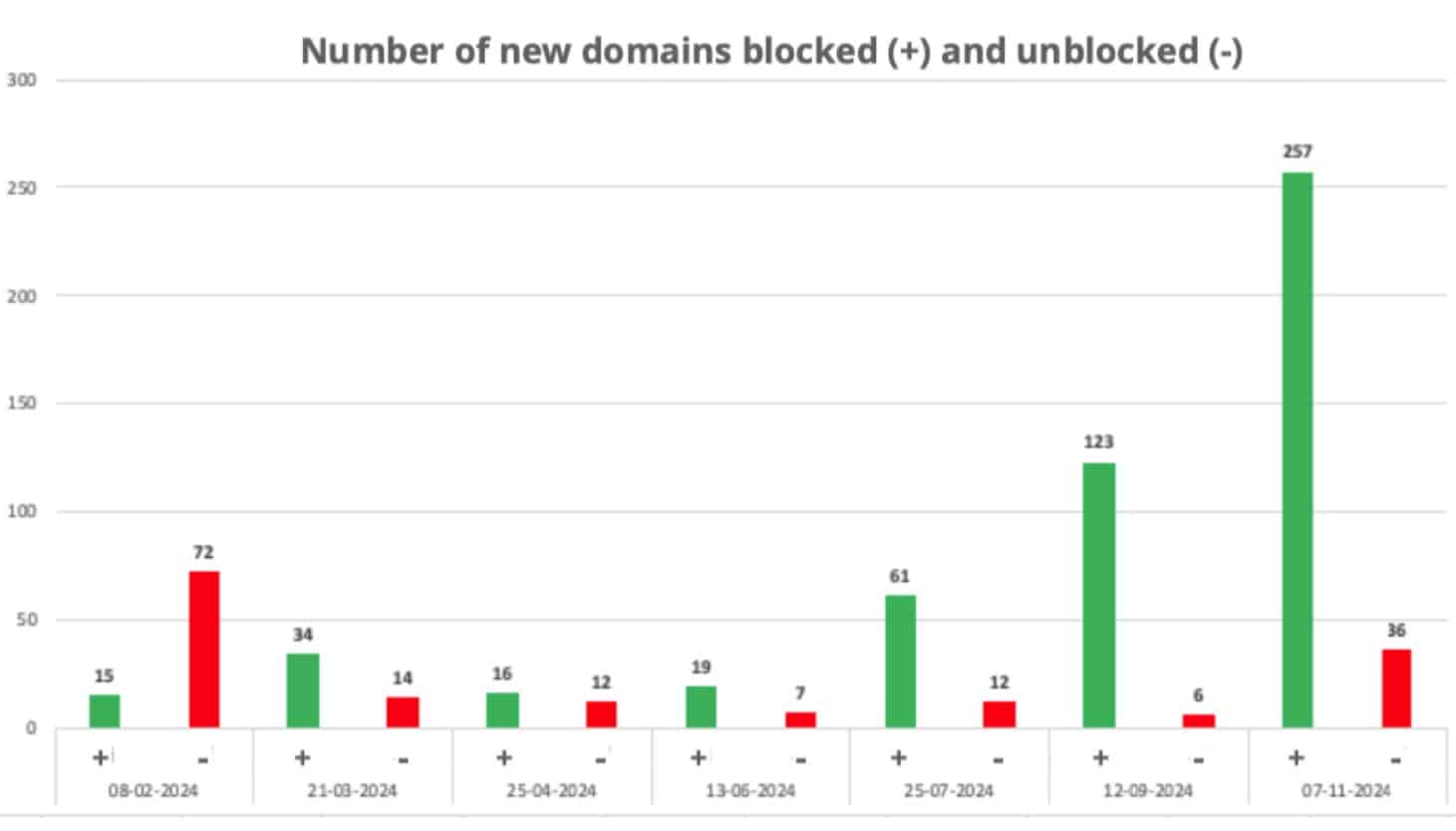
 If Hollywood studios, major record labels, broadcasters, and sports organizations stopped publishing their own piracy research, the scale of the phenomenon and potential solutions would likely be less clearly defined than they are today.
If Hollywood studios, major record labels, broadcasters, and sports organizations stopped publishing their own piracy research, the scale of the phenomenon and potential solutions would likely be less clearly defined than they are today.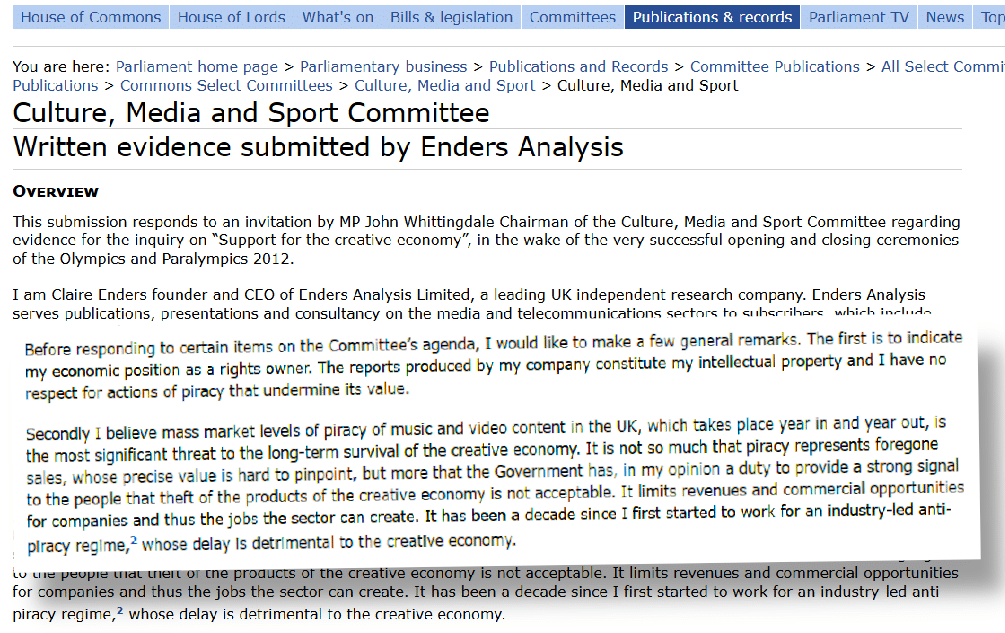
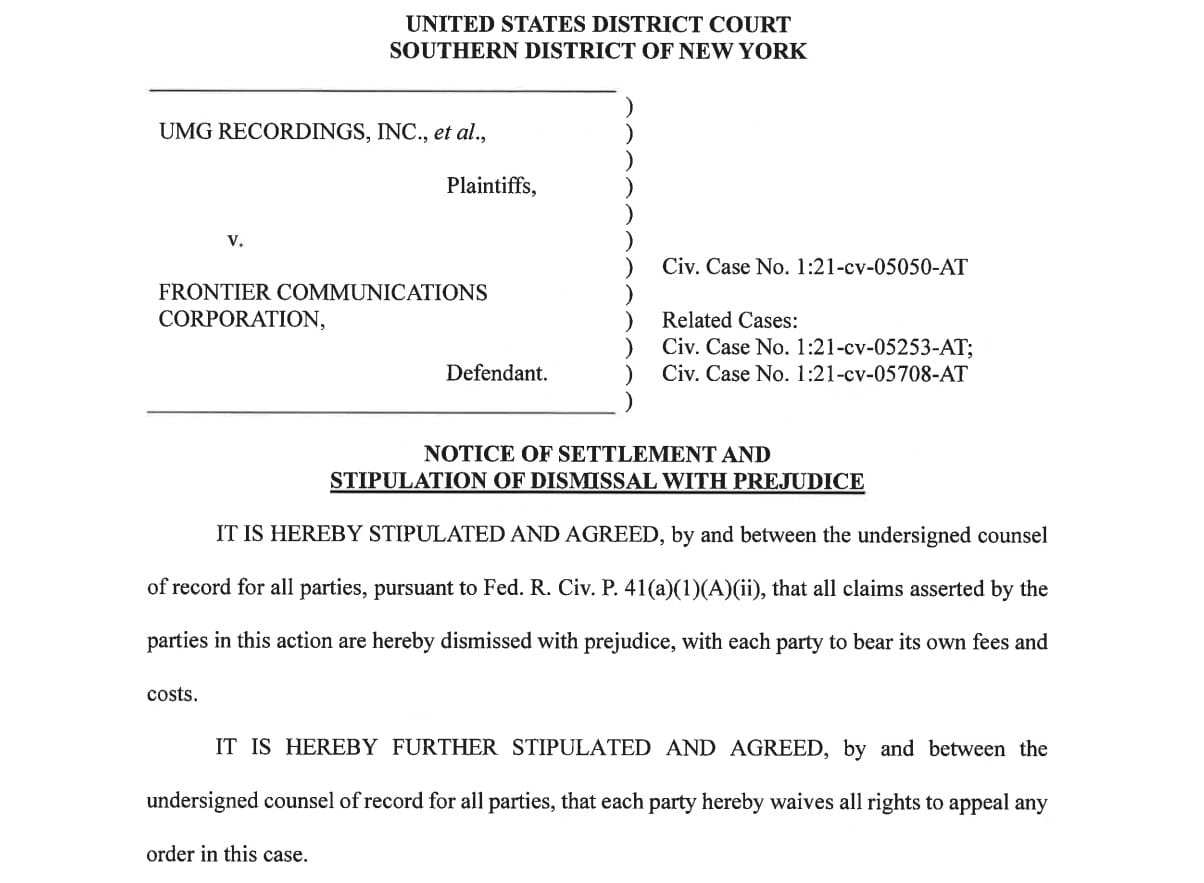
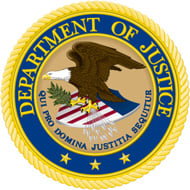
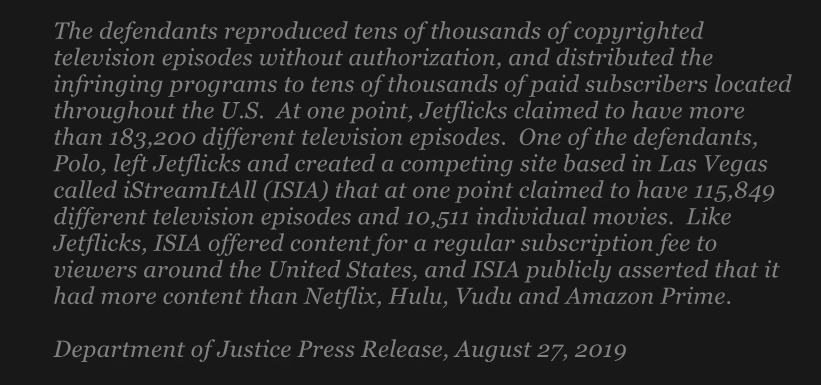

 Over the past few years, stream-ripping service Yout.com has fought legal battles on several continents.
Over the past few years, stream-ripping service Yout.com has fought legal battles on several continents.
 Three years ago, pirated Blu-ray copies of “Spider-Man: No Way Home”
Three years ago, pirated Blu-ray copies of “Spider-Man: No Way Home” 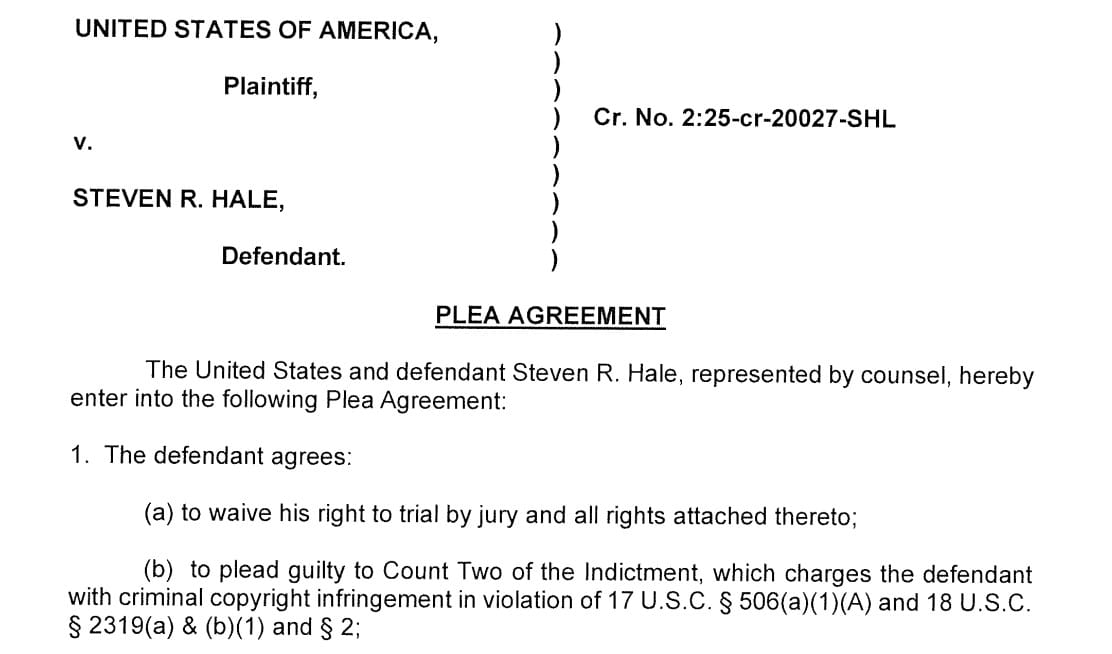
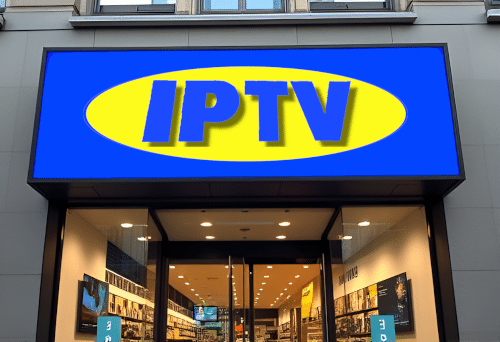 Describing Sweden as a country with a serious pirate IPTV problem is technically accurate, but lacking in all-important context.
Describing Sweden as a country with a serious pirate IPTV problem is technically accurate, but lacking in all-important context.